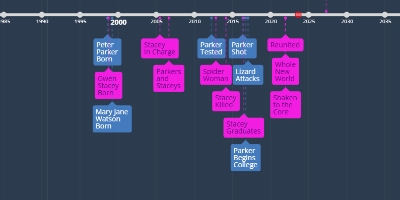Administration of Dwight D. Eisenhower (R) (20 jan 1953 ano – 19 jan 1961 ano)
Descrição:
Eisenhower was a moderate conservative who continued New Deal agencies and expanded Social Security. He covertly opposed Joseph McCarthy and contributed to the end of McCarthyism by openly invoking executive privilege. He signed the Civil Rights Act of 1957 and sent Army troops to enforce federal court orders which integrated schools in Little Rock, Arkansas. His largest program was the Interstate Highway System. He promoted the establishment of strong science education via the National Defense Education Act. His two terms saw unprecedented economic prosperity except for a minor recession in 1958.Eisenhower's main goals in office were to contain the spread of communism and reduce federal deficits. In 1953, he considered using nuclear weapons to end the Korean War, and may have threatened China with nuclear attack if an armistice was not reached quickly. His New Look policy of nuclear deterrence prioritized inexpensive nuclear weapons while reducing funding for expensive Army divisions. His administration provided major aid to help the French fight off Vietnamese Communists in the First Indochina War. After the French left, he gave strong financial support to the new state of South Vietnam. He supported regime-changing military coups in Iran and Guatemala orchestrated by his own administration. During the Suez Crisis of 1956, he condemned the Israeli, British, and French invasion of Egypt, and he forced them to withdraw. He also condemned the Soviet invasion during the Hungarian Revolution of 1956 but took no action. After the Soviet Union launched Sputnik in 1957, Eisenhower authorized the establishment of NASA, which led to the Space Race. He deployed 15,000 soldiers during the 1958 Lebanon crisis.
In his farewell address to the nation, he expressed his concerns about the dangers of massive military spending, particularly deficit spending and government contracts to private military manufacturers, which he dubbed "the military–industrial complex". Historical evaluations of his presidency place him among the upper tier of American presidents.
Adicionado na linha do tempo:
Data:
20 jan 1953 ano
19 jan 1961 ano
~ 8 years
